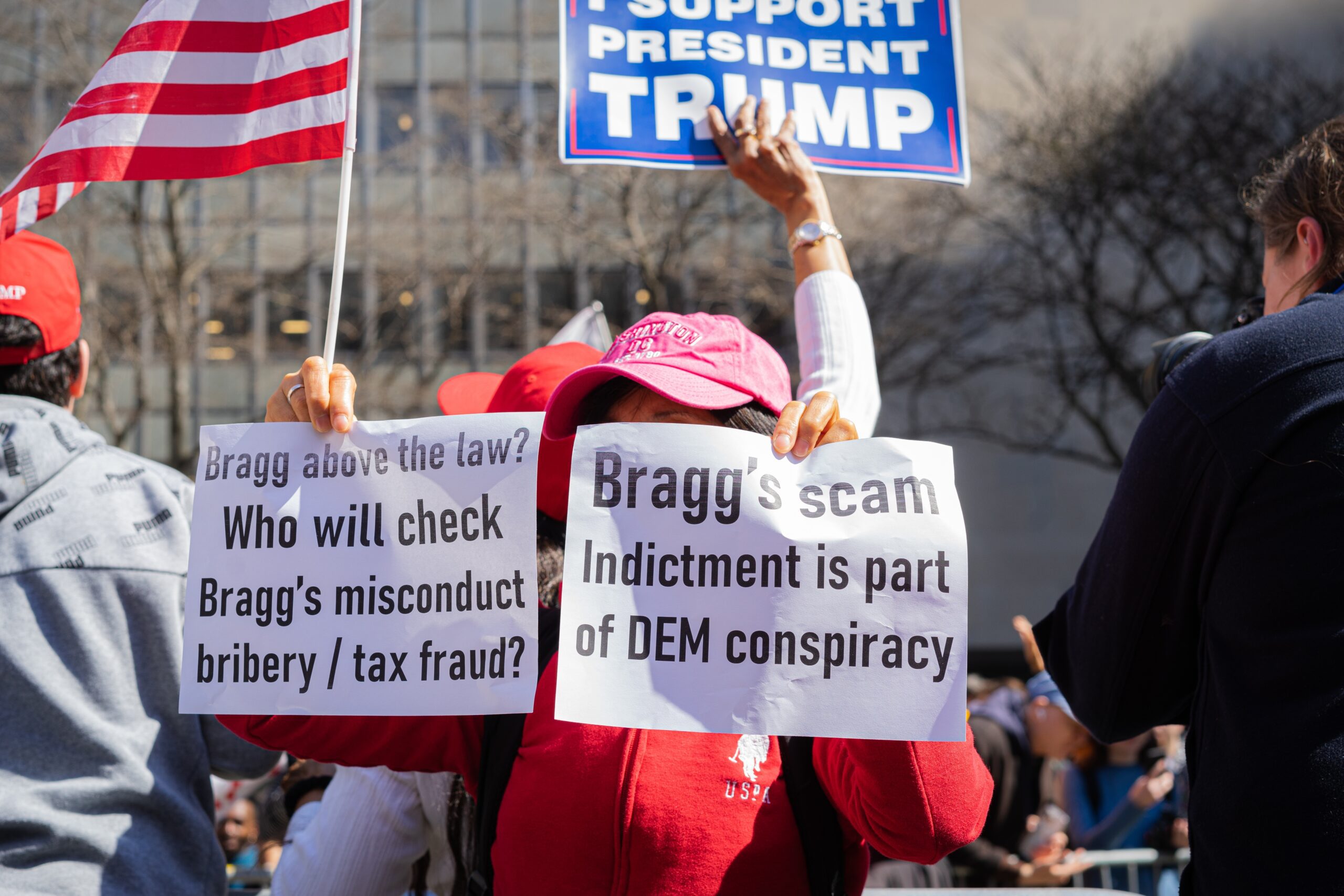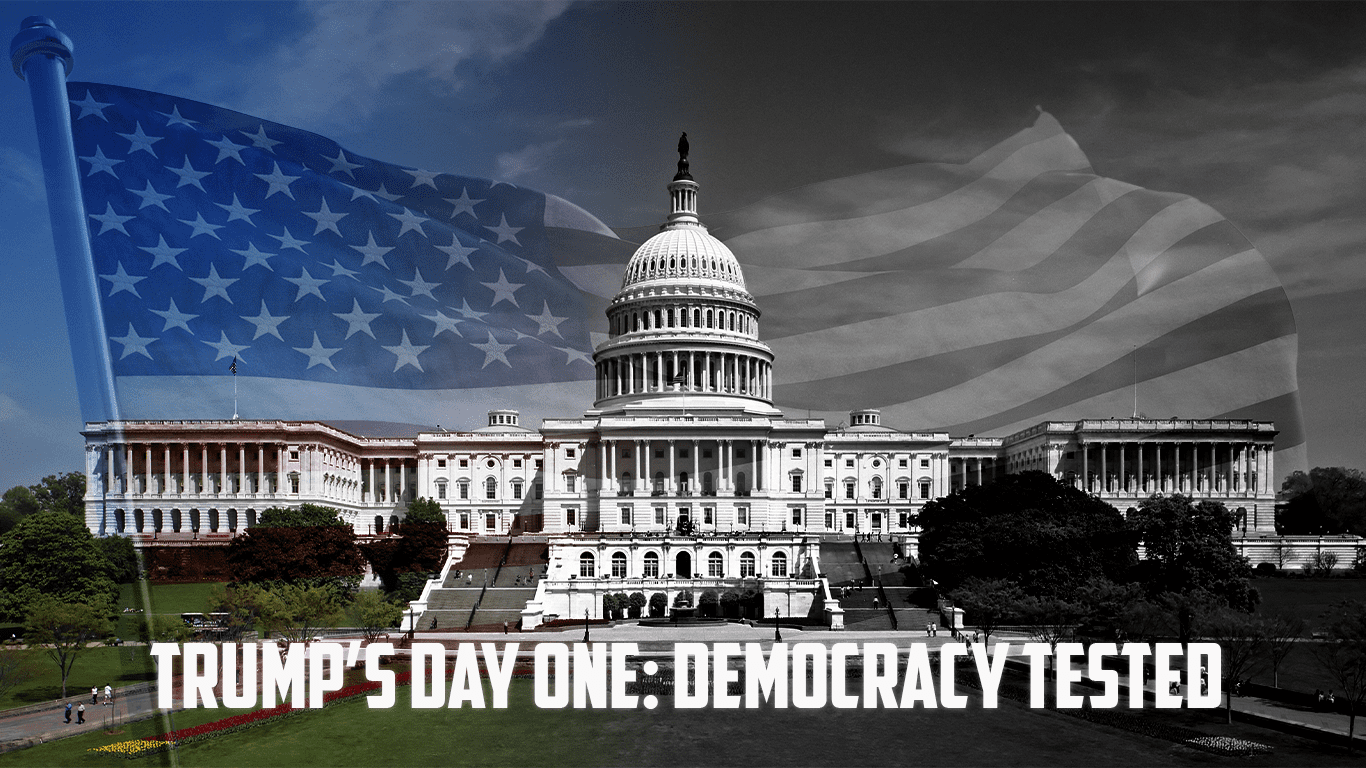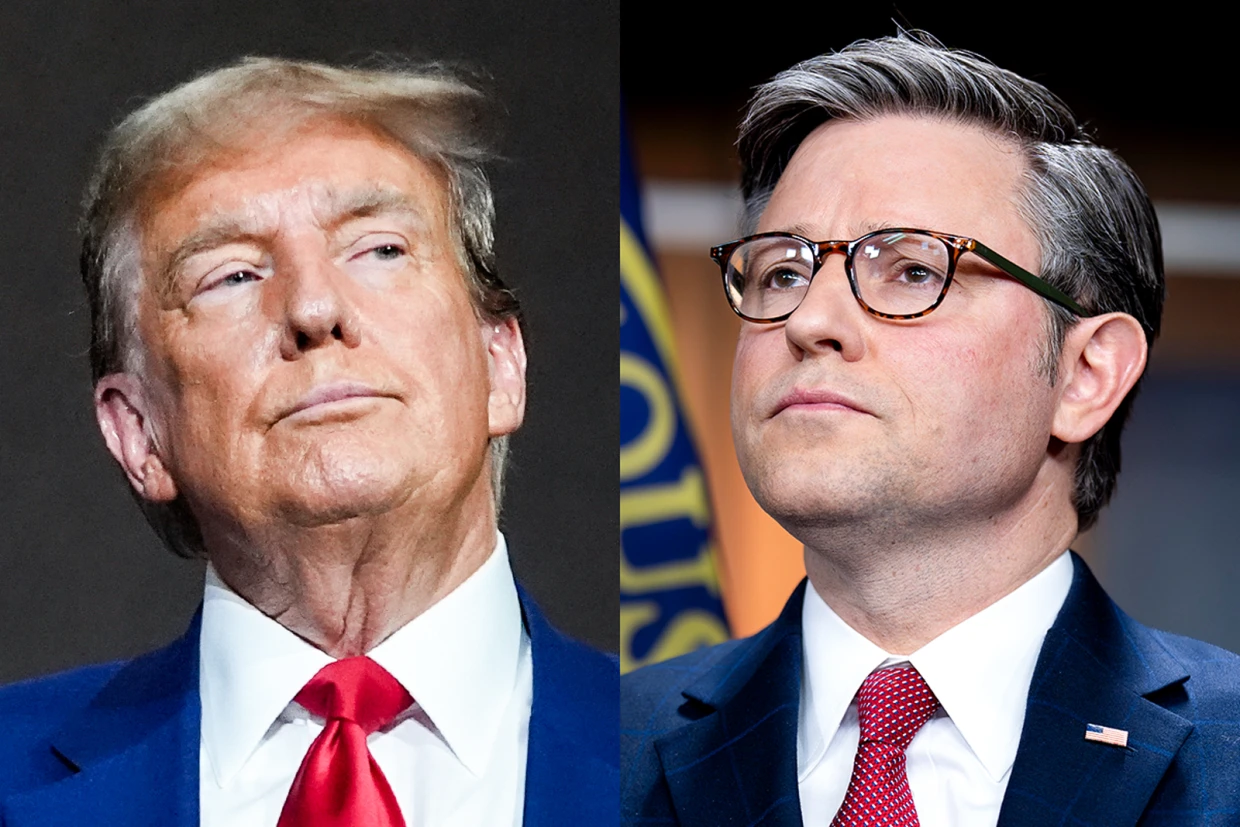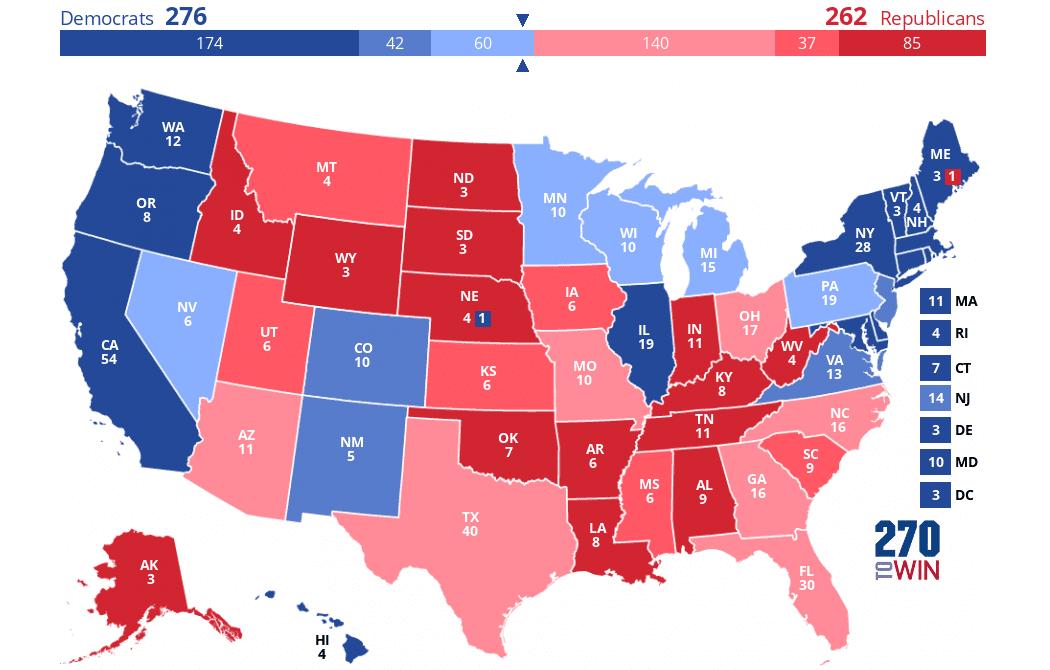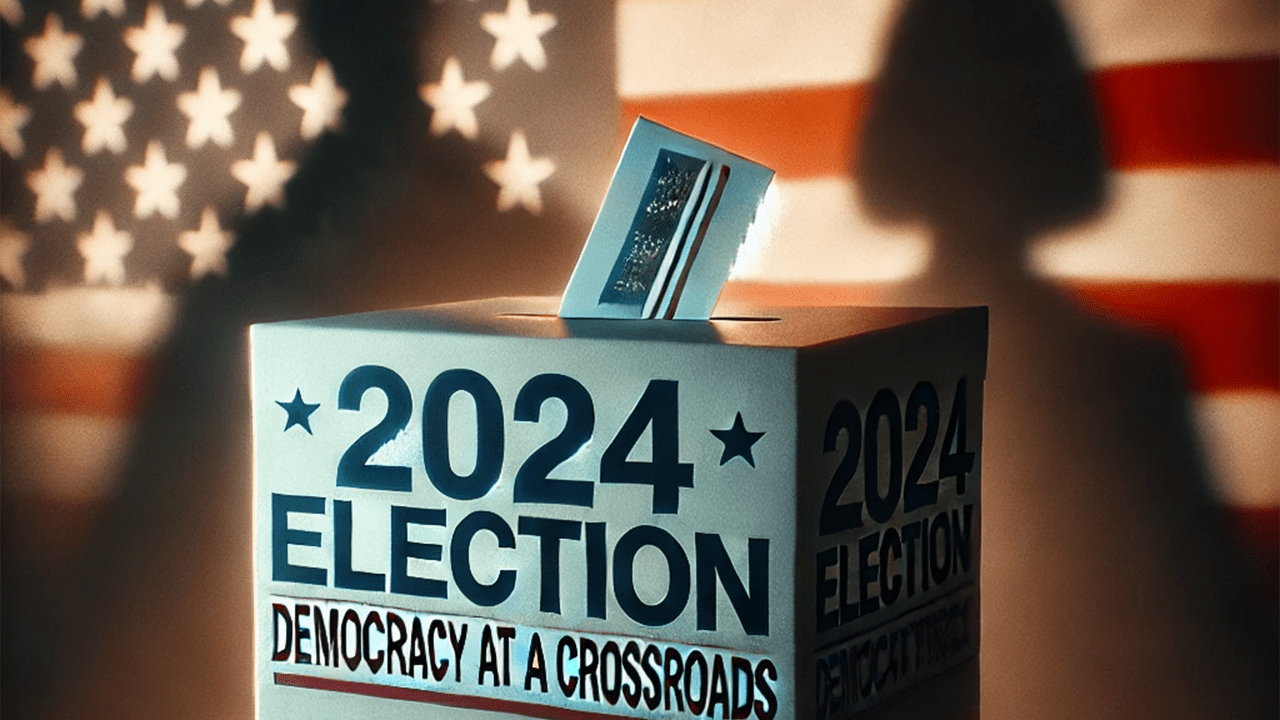Navigating the complex realm of legal proceedings in the political arena often leads to debates about motives, fairness, and the use of law as a political weapon. In this article, we delve into the indictment of former President Donald J. Trump, exploring the notion of lawfare—the strategic exploitation of legal mechanisms for political gain. By critically examining key aspects surrounding the indictment, we aim to shed light on the process, dispel misconceptions, and provide a balanced perspective on this intriguing issue.
Unveiling the Inquiry and the Grand Jury
The inquiry into the actions of former President Trump was initiated by the National Archives and Records Administration (NARA), an independent agency responsible for preserving and managing government records. Following the return of government documents, including classified materials, to Trump’s Mar-a-Lago estate, NARA requested the U.S. Justice Department to investigate the handling of these records. This initial step demonstrates a commitment to upholding the integrity of government archives and ensuring accountability for properly managing classified information.
Establishing a grand jury, a standard practice in the U.S. legal system, was crucial to the investigation. A grand jury is an independent body of citizens tasked with reviewing evidence and determining whether there is probable cause to proceed with an indictment. The involvement of both federal prosecutors and Trump’s legal team in the grand jury proceedings ensured a fair and impartial evaluation of the evidence, protecting the rights of all parties involved.
Unraveling the Lawfare Narrative
The notion of lawfare, often raised in political discourse, suggests that the indictment of Trump is politically motivated, aimed at discrediting him and impeding his future political ambitions. However, it is essential to critically evaluate this claim by examining the motives and legal merits of the indictment.
The process of recommending an indictment involves a meticulous examination of evidence, legal analysis, and evaluating of potential criminal charges. Independent prosecutors, guided by the rule of law, weigh the evidence against established legal standards before proceeding with charges. This thorough process ensures the indictment is based on substantive evidence rather than partisan motivations.
Debunking Misconceptions and Fostering Understanding
One common misconception is that the indictment solely revolves around possessing classified documents. However, the charges against Trump encompass more than mere possession; they involve allegations of intentional concealment and attempts to hide documents that were still classified. This distinction highlights the significance of Trump’s actions beyond the mere presence of classified materials.
It is crucial to distinguish between legitimate legal proceedings and manipulating the legal system for political gain. While partisan interests can influence public perception, it is imperative to approach the analysis of the indictment with an open mind, free from preconceived biases. By promoting a balanced perspective, grounded in evidence and legal analysis, we can foster a deeper understanding of the complexities surrounding this high-profile case.
Conclusion
The indictment of former President Donald J. Trump warrants a thorough examination of the lawfare narrative. By understanding the origins of the inquiry, the involvement of a grand jury, and the commitment to fair and impartial judgment, we can dispel misconceptions and offer a more nuanced perspective. It is essential to approach this complex issue with critical thinking, basing our conclusions on evidence, legal analysis, and an unwavering commitment to fairness and justice.

